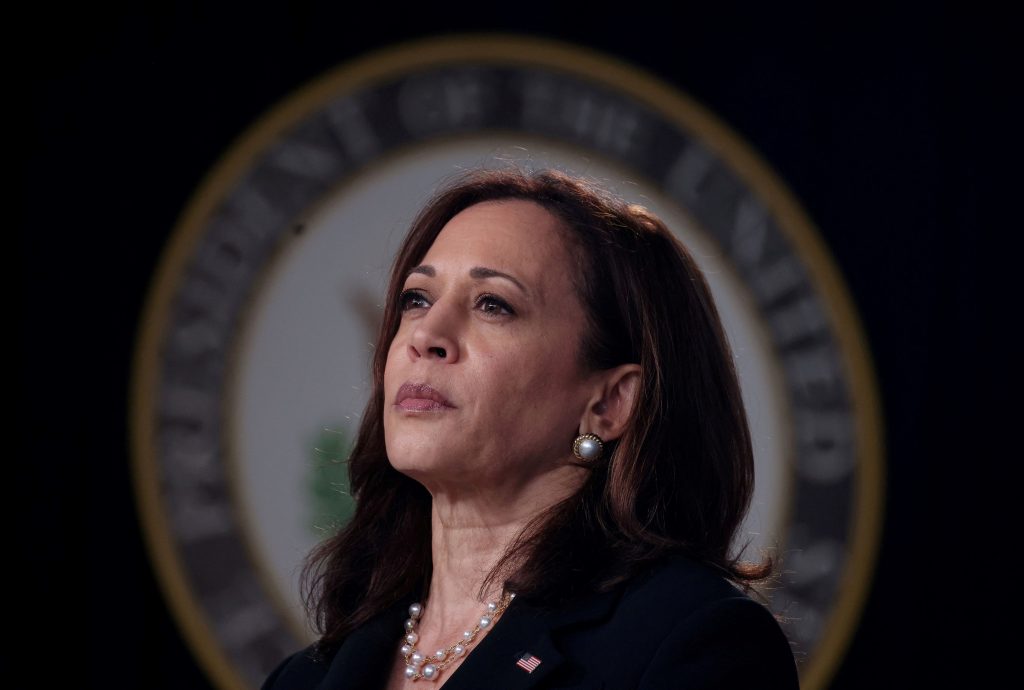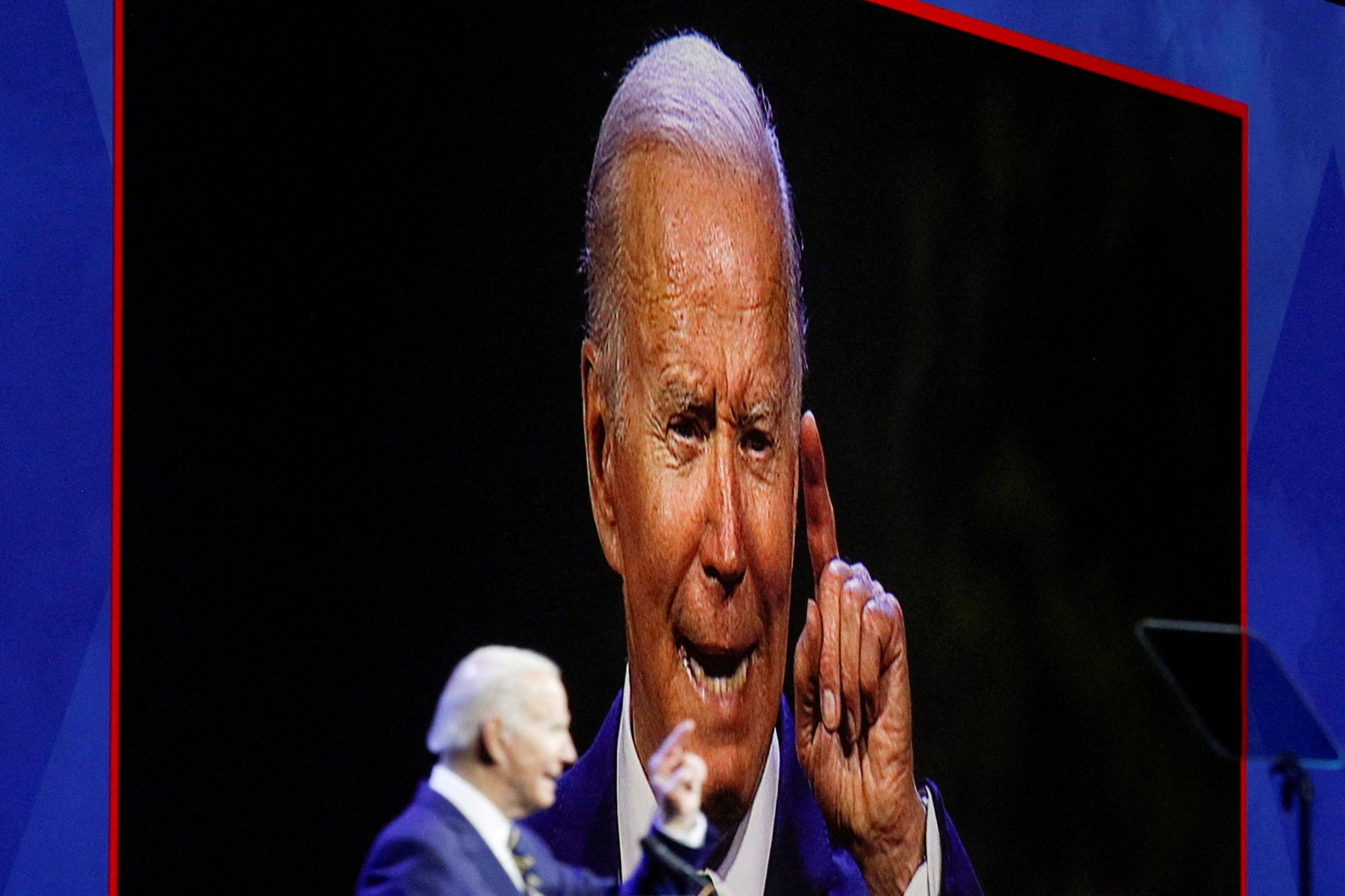WASHINGTON—President Biden said he is ending his 2024 re-election campaign, kicking off a frantic process to replace the 81-year-old incumbent at the top of the Democratic Party’s ticket for November.
Biden initially resisted calls from some Democrats to move aside and let another person step in as the nominee. Now comes the difficult task of installing a replacement.
The delegates who had pledged to vote for Biden in advance of the convention now become “uncommitted,” meaning they can vote for whomever they choose. Biden has endorsed Vice President Kamala Harris as his replacement at the top of the ticket, but there is no rule binding those delegates to support her.
The Biden delegates slated to support him in August were approved by the campaign, meaning they are likely loyal to the president.
When and how will Democrats nominate a new candidate?
The Democratic National Convention begins Aug. 19. Democrats could pick their nominee at the convention or virtually beforehand. Recently, before Biden dropped out, party officials had been aiming to wrap up Biden’s formal nomination by Aug. 7—nearly two weeks before the start of the DNC.
What about Kamala Harris?
Harris doesn’t automatically become the nominee just because she is vice president—the delegates have already been selected, so she is on the same footing as any other person. Still, her status in the Democratic Party and White House connections could make her a front-runner, especially with Biden’s backing. Biden and Harris would still need to persuade delegates to vote for her.

FILE PHOTO: U.S. Vice President Kamala Harris attends an infrastructure event addressing high speed internet in the Eisenhower Executive Office Building’s South Court Auditorium at the White House in Washington, U.S., June 3, 2021. REUTERS/Evelyn Hockstein
Anyone else?
The Democratic Party has a host of political stars, including California Gov. Gavin Newsom, Illinois Gov. J.B. Pritzker, Michigan Gov. Gretchen Whitmer and Transportation Secretary Pete Buttigieg. But if those people start to publicly back Harris, it will ease the vice president’s path to the nomination.
What would happen to the Biden campaign funds?
The Biden-Harris campaign has raised a considerable amount of money, and campaign-finance experts say that cash can’t simply be transferred to another candidate just because Biden dropped out—unless the nominee is Harris. Were Harris to assume the top of the ticket, funds donated toward the Biden-Harris campaign would be at her disposal since she and Biden were running together.
Should Harris succeed Biden at the top of the Democratic ticket, “She would maintain access to all the funds in the committee and could use them to advance her presidential candidacy,” said Shanna Ports, senior legal counsel at the Campaign Legal Center.
If Biden is replaced as the nominee by someone other than Harris, campaign-finance lawyers said, he could direct his campaign to transfer money to the Democratic National Committee. Some suggested that his campaign would have to settle debts and might be required to offer refunds for donations that were designated for the general election.
What about pro-Biden super PACs?
Super PACs can accept unlimited amounts of money from donors, who can give millions at a time, unlike for a campaign, which faces individual-donor limits. Election law prohibits direct coordination between super PACs and campaigns, and super PACs wouldn’t be directly affected if Biden ended his campaign. There are several super PACs that were supporting Biden’s re-election bid—pre-eminently a group named Future Forward, as well as others such as Unite the Country.
Write to Owen Tucker-Smith at Owen.Tucker-Smith@wsj.com and Sabrina Siddiqui at sabrina.siddiqui@wsj.com



